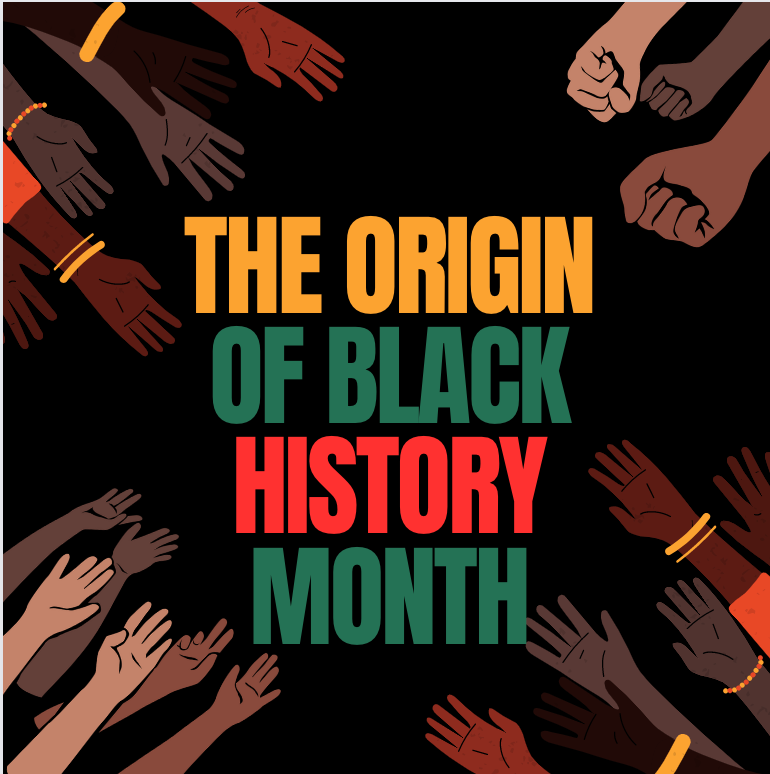What better way to wrap up Black History Month than with a little history lesson? There is so much knowledge about Black History Month that many people aren’t aware of. This article will examine the origins of BHM, including the dates, the arduous work, and all the important people who helped to make this historic month what it is today. Take note, and join me for a nostalgic trip down memory lane!
Beginning on a hot summer day in Chicago in 1915, Carter G. Woodson, a graduate of the University of Chicago, traveled from Washington, D.C., to participate in a nationwide commemoration of the 50th anniversary of liberation organized by the state of Illinois.
During this time, thousands of African Americans traveled to Illinois for this celebration in hopes of seeing the progress their people had made after the destruction of slavery. Woodson recognized how important this was for African Americans and took this three-week event as inspiration to form an organization that studied black life and history, and this was only the beginning.
In 1916, Woodson established the journal “The Journal of Negro History.” In 1920, he urged black civic organizations to promote the achievements but later realized that he and the association would have to enable it. In the future, it would generate and spread knowledge about the history of black people. In February 1926, he issued a press statement declaring African History Week.
It is widely believed that Woodson chose the month of February to coincide with the birthdays of two great Americans who had a significant impact on the development of black history: Abraham Lincoln and Frederick Douglass, whose birthdays fall on February 12 and 14, respectively.
Negro History Week began to gain widespread attention quickly. Before we knew it, in the 1940s, the celebratory week began to be recognized and helped black history be taught in schools nationwide.
Woodson’s passing in 1950 didn’t halt the black history celebration; after his passing, many young intellectuals worked tirelessly to help shift the festival from one week to a month. In 1976, 50 years after its first celebration, they were successful. Negro History Week was changed to Black History Month, and since then, every American president has issued proclamations endorsing the Association’s annual theme.
There you have it! A quick and informative lesson about the origin of Black History Month. If you want more in-depth research about the historic month, visit History.com. Here’s to 100 years of Black History!

